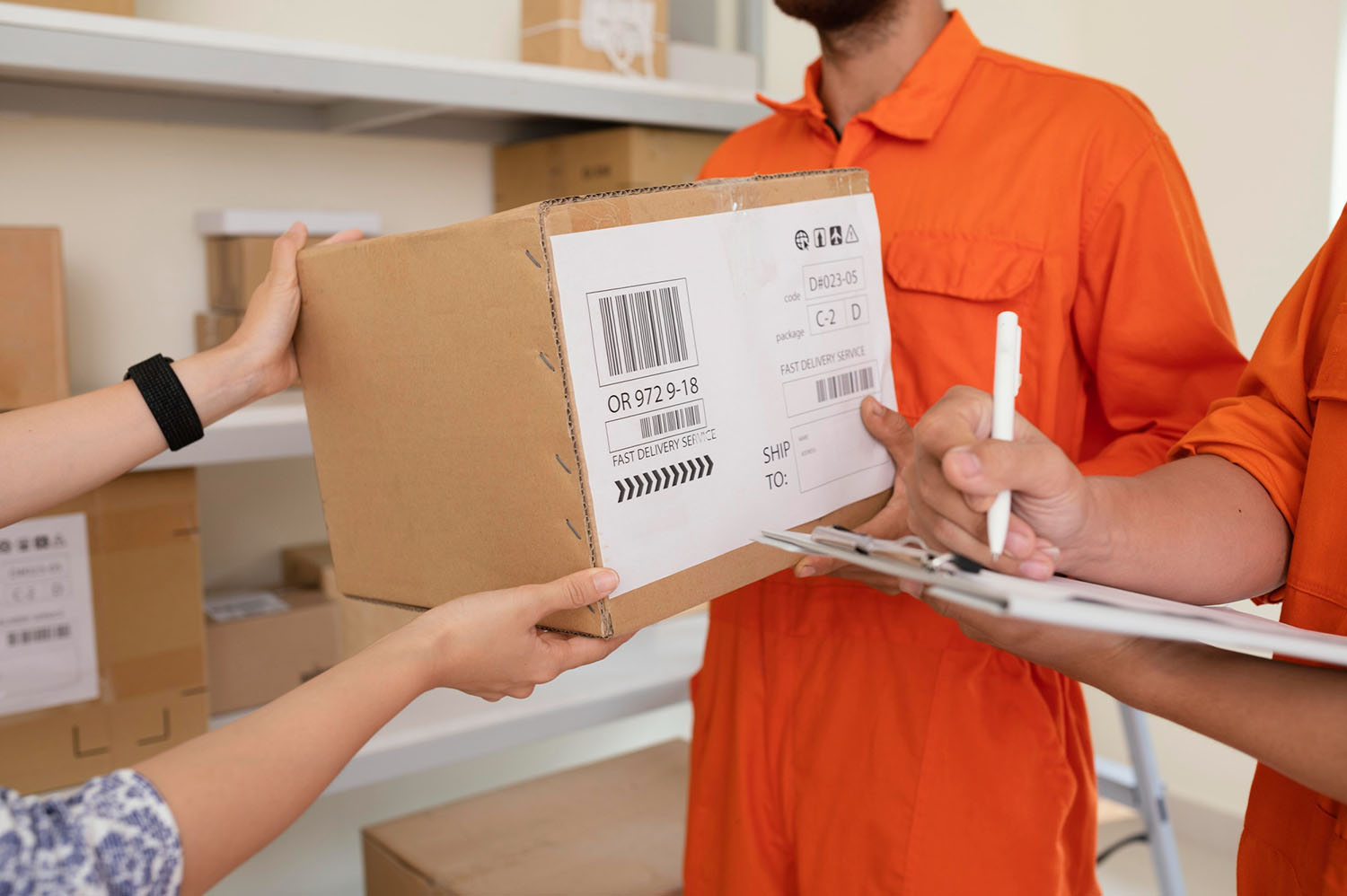Logistics 101: Boosting Efficiency in Supply Chains In the dynamic and interconnected world of global business, effective logistics management is crucial for optimizing supply chain operations. A streamlined and efficient logistics process not only reduces costs but...
Sustainability in Logistics: Cutting Carbon Footprints
Table Of Content
Sustainability in Logistics: Cutting Carbon Footprints
As environmental concerns continue to grow, sustainability in logistics has become a paramount focus for businesses worldwide. This blog post explores strategies and initiatives aimed at reducing carbon footprints within the logistics sector, contributing to a greener and more sustainable future.
The Importance of Sustainable Logistics
1. Environmental Impact: Recognize the environmental impact of traditional logistics practices and the urgent need to adopt sustainable alternatives.
2. Regulatory Compliance: Stay informed about evolving environmental regulations and work towards compliance to avoid penalties and ensure sustainable business operations.
Green Transportation Solutions
3. Electric and Hybrid Vehicles: Transition to electric and hybrid vehicles to reduce carbon emissions from transportation fleets, contributing to cleaner air and lower greenhouse gas emissions.
4. Alternative Fuels: Explore the use of alternative fuels such as biofuels or compressed natural gas (CNG) to minimize the environmental impact of traditional fuel sources.
Optimizing Supply Chain Operations
5. Sustainable Packaging: Adopt eco-friendly packaging materials and designs to minimize waste and promote recycling, reducing the environmental impact of packaging.
6. Reverse Logistics for Recycling: Implement efficient reverse logistics processes to facilitate the recycling and proper disposal of products, contributing to a circular economy.
Technology for Sustainability
7. IoT for Tracking and Monitoring: Utilize Internet of Things (IoT) devices to track and monitor shipments in real-time, optimizing routes and reducing unnecessary fuel consumption.
8. Data Analytics for Carbon Footprint Reduction: Leverage data analytics to identify areas of the supply chain with the highest carbon footprint and implement targeted strategies for improvement.
Collaboration and Stakeholder Engagement
9. Supplier and Partner Sustainability: Collaborate with suppliers and logistics partners committed to sustainability, ensuring a shared vision for reducing the overall carbon footprint of the supply chain.
10. Customer Education: Educate customers about the importance of sustainability and provide them with eco-friendly options, encouraging a collective effort towards reducing carbon footprints.
Measuring and Reporting Sustainability
11. Carbon Footprint Measurement: Implement tools and methodologies for measuring the carbon footprint of logistics operations, establishing a baseline for continuous improvement.
12. Sustainability Reporting: Publish sustainability reports to transparently communicate the progress made in reducing carbon footprints, fostering accountability and trust among stakeholders.
Conclusion
Embracing sustainability in logistics is not just a corporate responsibility but a strategic imperative for businesses. By implementing these strategies to cut carbon footprints, the logistics sector can play a pivotal role in building a more sustainable and environmentally friendly future. Stay tuned for more insights on sustainable practices within the logistics industry.
“`


